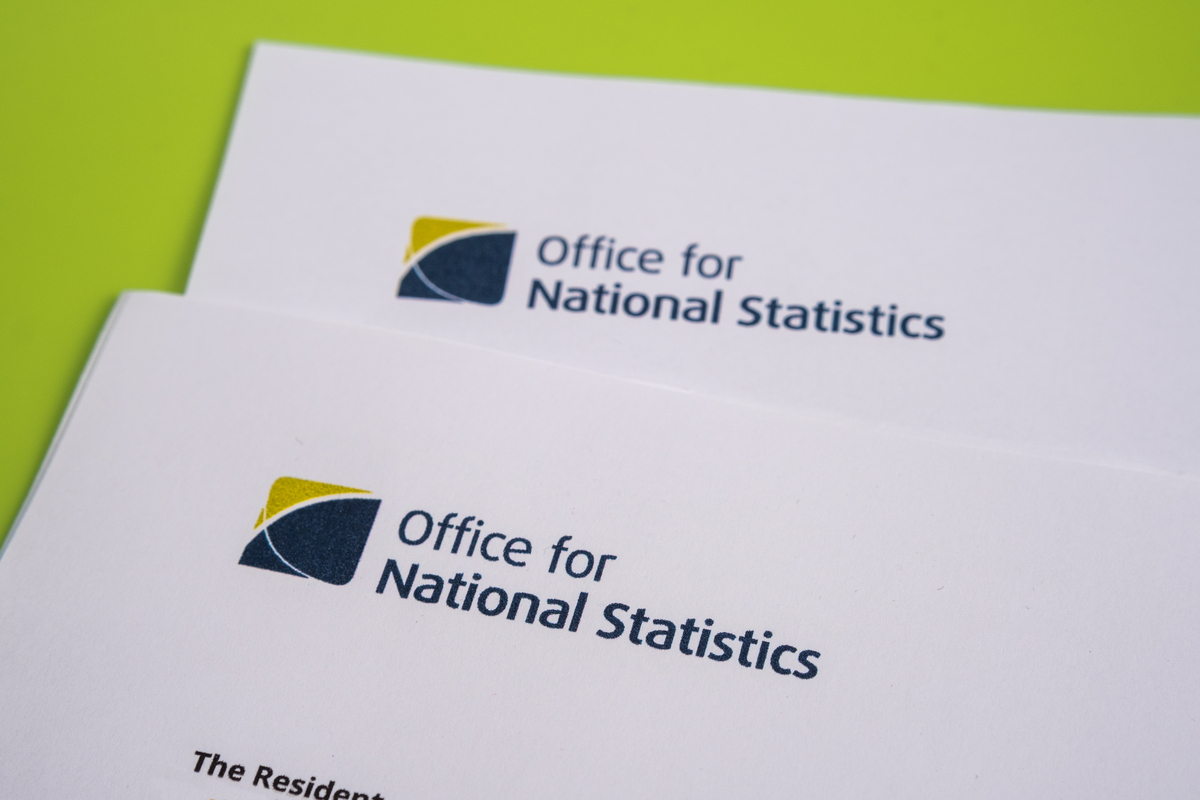Dear visitor,
You're reading 1 of your 3 free news articles this quarter
Register with us for free to get unlimited news, dedicated newsletters, and access to 5 exclusive Premium articles designed to help you stay in the know.
Join the UK's leading credit and lending community in less than 60 seconds.
ONS: Pay falling “sharply in real terms”
Majority of workers face fifth month of falling living standards, despite unemployment reaching lowest level since 1974.

Senior Journalist, covering the Credit Strategy and FSE News brands.
Workers were paid an average 4.2% wage increase in the three months to March 2022, significantly lower than the seven percent inflation rate recorded in the same month according to the Office for National Statistics (ONS).
Average annual pay increased by seven percent in March, but that was inflated by soaring bonuses for City bankers, IT professionals and large signing-on fees for construction, The Guardian reported.
About 500,000 workers quit the labour market during the pandemic and continental European workers left the UK following Britain’s withdrawal from the European Union (EU). This contributed to the lowest unemployment rate since 1974, at 3.7%.
Vacancies reached a record of 1,295,000 in the three months between February and April – an increase of almost 500,000 since March 2020.
For the first time since records began, the number of people out of work was higher than the level of vacancies after a 0.3 percentage point fall in the unemployment rate to 3.7%.
Darren Morgan, the director of economic statistics at the ONS, said there was a rise in the number of people leaving unemployment to take up jobs and many people who had quit the labour market had returned to seek work, but it fell short of the number of people employers needed.
“Indeed, with the latest fall in unemployment, to its lowest rate since 1974, there were actually fewer unemployed people than job vacancies for the first time since records began.
“Continued strong bonuses in some sectors such as construction and especially finance mean that total pay is continuing to grow faster than prices on average, but underlying regular earnings are now falling sharply in real terms.”
Chancellor Rishi Sunak said: “I understand that these are anxious times for people, but it’s reassuring that fewer people are out of work than was previously feared, and we are helping them to keep more of their hard-earned money through tax cuts, changes to universal credit and support with household bills worth £22bn this financial year.”
Stay up-to-date with the latest articles from the Credit Strategy team
Get the latest industry news





